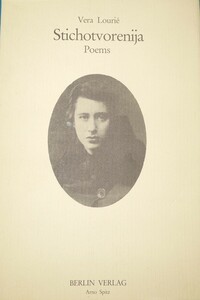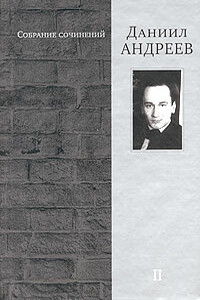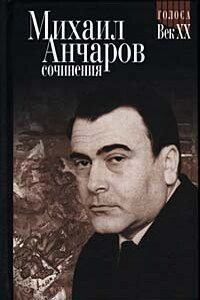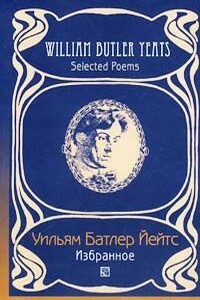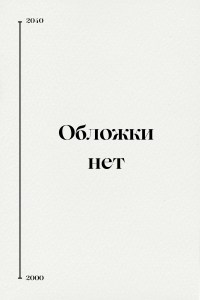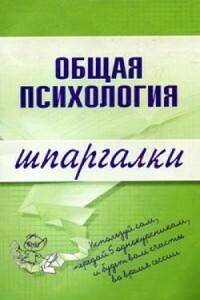Thomas R. Beyer. Introduction
Vera Lur’e, the poetess, member of the «Sounding Sea-Shell», is living in Berlin (Charlottenburg, Neue Kantstr. 48). Until October 1921 she was in Petrograd, where she was first published in the collection Sounding Sea-Shell. She has prepared for publication a collection of poems.
The collection of poetry announced over sixty years ago in Novaja Russkaja Kniga in 1922 has at last been printed. For six decades the poems which chronicle a young Russian girl’s journey through life have been safeguarded in the slim, tattered notebooks in her bottom desk drawer. Almost everything else is gone: the books with the inscriptions by famous Russian authors of the 1920’s, the newspaper clippings and journals containing her articles, reviews and poems. Only the memories arrested in time by the poet’s gift remain. They are an affirmation of her only real profession and her first love-poetry.
The excitement of the House of the Arts in Petrograd is long gone. The charged intellectual atmosphere of «Russian Berlin», the glorious days between 1921 and 1923 when almost all of Russia’s literary giants resided in or visited Berlin are past. Berlin — the center of Russian language publishing, home to dozens of Russian newspapers and scores of journals, is now an almost forgotten footnote in the history of Russian literature.
Vera remembers that time when she was an active participant in Russian cultural life. And when almost all the others departed Berlin in 1923, Vera remained. After three quarters of a lifetime spent in Berlin, she is as much a part of that city as she once was of Saint Petersburg. She is a unique witness and her poetry eloquently records for us the history of «Russian Berlin».
Vera Osipovna Lourie (Lur’e) was born in Saint Peterburg on April 21, 1901 (N.S.). Her father was a physician with his own clinic on Goroxovaja Street. Her mother, Maria Pavlovna Schessin (Xessin), was the daughter of a wealthy stock broker. Vera was raised in the comfortable and sheltered atmosphere of the well-to-do and spent her first years in a house on the Fontanka and later at 48 Morskaja Street. A Swedish nanny, an Estonian governess and later a private tutor shepharded her through childhood and shielded her from the outside world, where everything was «dangerous».
At the age of twelve Vera entered the third grade of the Taganceva Gymnasium, an exclusive school for girls. Because of the Revolutinon she completed only the seventh of eight classes. From early childhood she was exposed to an international perspective because of her travels with her family. Summers were often spent at the picturesque health resorts of Germany and the outbreak of World War I found the family in Switzerland, from where they were forced to undertake a roundabout journey of train and ship to Odessa and then home to Petrograd.
